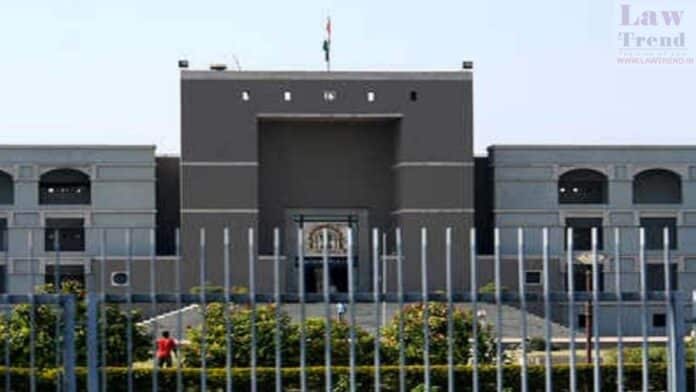The Gujarat High Court, in a significant ruling, quashed a notice issued under Section 148 of the Income Tax Act, 1961, against Hareshkumar Bhupatbhai Panchani, holding that reopening an income tax assessment based on a mere change of opinion is not permissible in law. The judgment, delivered by a division bench comprising Justice Bhargav D.
To Read More Please Subscribe to VIP Membership for Unlimited Access to All the Articles, Download Available Copies of Judgments/Order, Acess to Central/State Bare Acts, Advertisement Free Content, Access to More than 4000 Legal Drafts( Readymade Editable Formats of Suits, Petitions, Writs, Legal Notices, Divorce Petitions, 138 Notices, Bail Applications etc.) in Hindi and English.




